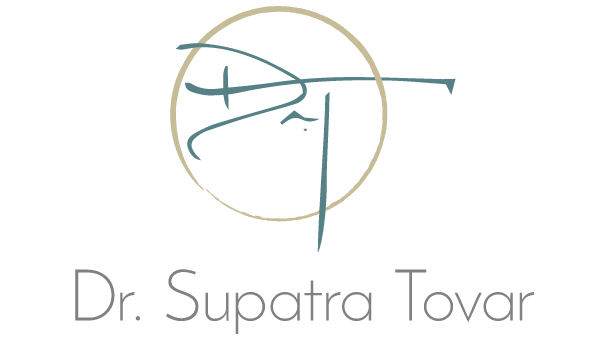I recently wrote an article for emedihealth.com on the differences between anxiety and panic attacks and ways to cope with both. Below is an excerpt of the article and a link to the full article.

In this article:
- What is the difference between anxiety and a panic attack?
- What can cause a panic attack or anxiety, and what can one do to control either?
It should not come as a surprise to hear that anxiety and panic attacks are at an all-time high. People are living under quarantine, with an ever-mutating virus that creates a host of unwanted and potentially fatal health complications.
But you do not have to allow these uncertain times overwhelm you. You can control your anxiety and panic attacks, and right now is perhaps the most important time to learn how to manage and cope with this distress.
What is the difference between anxiety and a panic attack?
Anxiety is often a fearful and worrisome projection of the future that results from failing to be fully grounded in the present moment.
While it is normal for anyone to experience some degree of anxiety in his or her life, having excessive anxiety can become overwhelming and may lead to the development of a mental disorder. (1)
The Diagnostic and Statistical Manual of Mental Disorders, Fifth Edition (DSM-5), a manual that helps clinicians diagnose mental disorders, defines general anxiety disorder as excessive anxiety or worrying that distressingly impairs normal life activities for a period of 6 months or longer and is characterized by at least three of the following symptoms:
- Feeling restless or on edge
- Irritability
- Having stiff and sore muscles, most commonly around the neck and shoulders
- Difficulty concentrating or feeling brain fog
- Problems with sleep – either difficulty falling and staying asleep or having unsatisfying sleep
- Feeling easily fatigued
Panic attacks tend to be more physically overwhelming than general anxiety disorder or experiencing anxiety, although people who experience anxiety or who have other mental disorders can also experience panic attacks.
The DSM-5 (2) defines a panic attack as an extremely stressful and fearful short-term (around 4 minutes) event that is characterized by at least four of the following symptoms:
- Sweating
- Heart palpitations or accelerated heart rate
- Trembling or shaking muscles
- Shortness of breath
- A sensation of choking
- Chest pain
- Nausea
- A feeling of disconnect from reality (derealization) or extreme detachment (depersonalization)
- A feeling or fear of loss of control like you are “going crazy”
- Muscle numbness
- Chills or hot flashes
READ MORE: Go to Full Article on emedihealth.com

Recent Comments